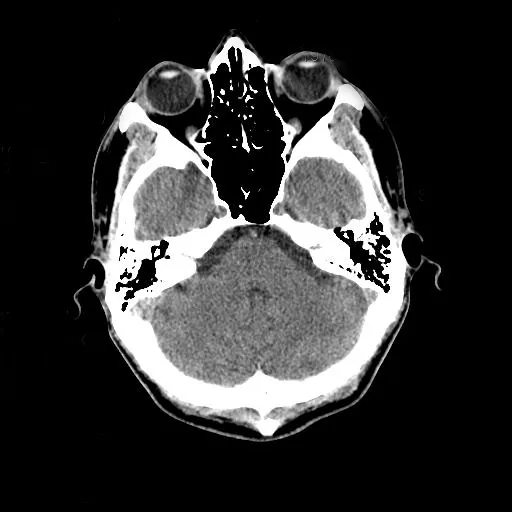Sleep Disturbance After Traumatic Brain Injury
I’m Ed Smith, a Davis Brain Injury Lawyer. Over the past few years, the amount of attention paid to traumatic brain injuries has increased. This is largely due to the new focus on brain injuries in both youth and professional sports, along with other causes of head trauma. A recent research paper highlighted sleep disturbances as a potentially serious, long-term complication and comorbidity of traumatic brain injuries.
A Long-Term Complication
While some people might expect sleep disturbances to follow a serious head injury, it might be surprising to note that sleep disturbances remain a serious issue even years after suffering a traumatic brain injury. There are many different types of brain injuries, some more serious than others; however, even people suffering a minor concussion may have issues with their sleep patterns years after suffering the initial injury. Importantly, a research paper noted that the severity and the levels of brain injury did not influence the likelihood of a patient suffering sleep disturbances in the future.
A Variety of Sleep Disturbances
Importantly, there are many different sleep issues that patients suffering a traumatic brain injury may have to deal with. Examples include:
Insomnia: Many people suffer from insomnia, including those who suffer a head or brain injury. Insomnia is the inability to fall asleep or stay asleep.
Hypersomnia: This is defined as excessive sleep. Patients suffering from this complication could sleep twelve or more hours in a day and still not feel rested.
Breathing Disorders: As obesity continues to grow as a problem, more people are suffering from obstructive sleep apnea; however, this is only one of many sleep breathing disorders that patients suffering a traumatic brain injury might suffer from.
Movement Disorders: Some people suffering a brain injury could suffer from sleepwalking, restless leg syndrome, or other movement disorders associated with their sleep problems.
Rapid Medical Attention is Key
With so many complications related to sleep alone, patients should do what they can to seek out expert medical attention if they believe they have suffered a brain injury of any kind. A rapid diagnosis of brain injuries is the key to receiving the proper treatment as quickly as possible. If patients are diagnosed and treated quickly, it is possible that some of the dangerous complications of head injuries can be avoided down the road. It may even help to improve the patient’s return to a favorable baseline level of functioning. Of course, patients should always try to avoid head injuries when possible. Wearing helmets for protection during motorcycle rides and contact sports can go a long way to preserving mental health.
Contact an Experienced Davis Brain Injury Attorney
I’m Ed Smith, a Davis Brain Injury Lawyer. There are many different complications of traumatic brain injuries that people everywhere should keep in mind. If you have suffered a brain injury due to the negligence of someone else, call me at (530) 392-5400 for friendly, free advice. Or, toll-free at (800) 404-5400.
I am a member of the Million Dollar Advocates Forum for the state of California. This group includes many different lawyers who have been rated among the top trial lawyers in the country. All members of this forum have settled cases or won verdicts with an individual value of at least one million dollars.
Some of the Past Verdicts and Past settlements of our team of injury lawyers can be found here.
You can find reviews and ratings of clients I’ve worked with at the following links:
Source: http://www.clinicaladvisor.com/the-waiting-room/sleep-changes-after-category/category/traumatic-brain-injury/article/669599/
Image Source: Wikimedia Commons
:dr ab bw cv

